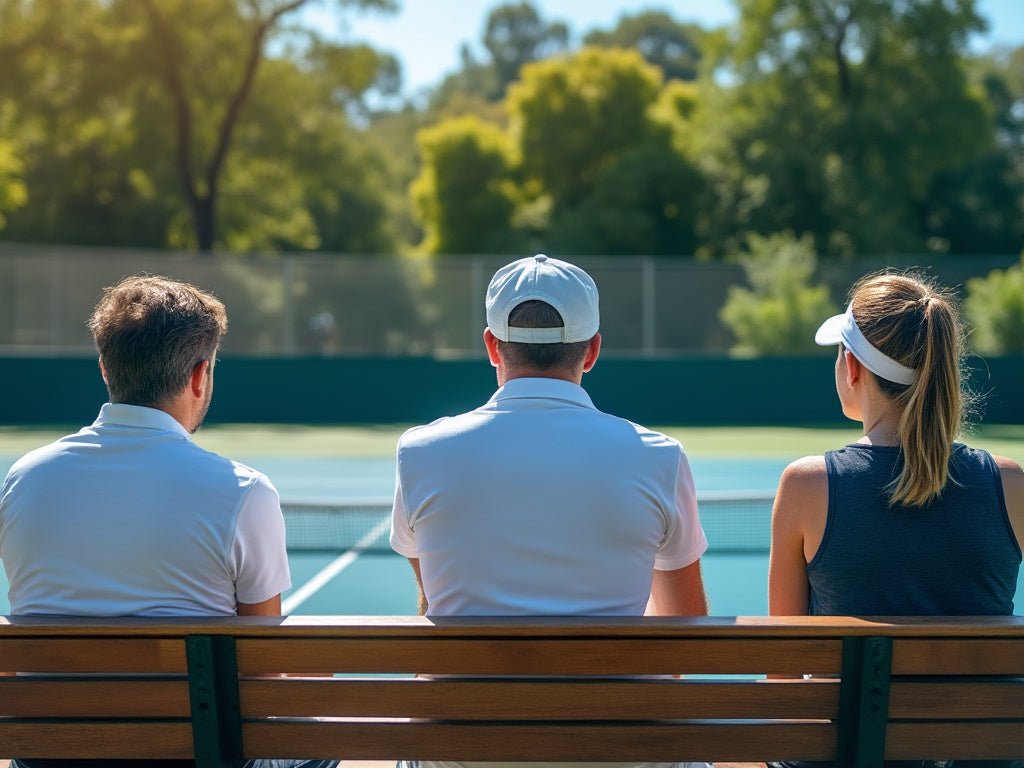In a groundbreaking shift for the sport of tennis, a new rule permitting off-court coaching for all individual matches will come into effect starting January 1, 2025, as announced by the International Tennis Federation (ITF) and echoed across various tennis governing bodies. This decision marks a significant departure from tennis's long-standing tradition where players were largely left to their own devices during matches, except in team events like the Davis Cup or Fed Cup.
The new rule aims to bring tennis more in line with other major sports where coaching during the game is commonplace. Here's what this means for players, coaches, and fans:
- Coaching Dynamics: Coaches will now be allowed to communicate with players when they are on the same side of the court. This includes verbal coaching in short phrases and non-verbal signals at any time, provided it does not interrupt play or hinder the opponent.
- Strategic Shift: This change is expected to introduce new strategic layers to the game. Players who can effectively utilize their coaches' advice might gain a tactical advantage, potentially affecting match outcomes.
Sponsored content
- Fan Experience: For spectators and viewers at home, this rule could enhance the viewing experience by offering insights into the player-coach interactions, similar to what has been seen in WTA matches where on-court coaching has been allowed for some time.
- Reactions from the Tennis Community: The reaction to this rule change has been mixed. While some like Pam Shriver applaud the move, suggesting it's about time for such a change, others, including players like Denis Shapovalov, express sadness over what they see as a dilution of tennis's unique challenge of solitary problem-solving on the court.
Not just as a tennis player but as a fan of this sport it’s sad to see this new off court coaching rule. Tennis is special because you are out there alone. Why are you trying to change the beauty of this game
— Denis Shapovalov (@denis_shapo) October 21, 2024
- Implementation and Trial: This rule follows trials conducted in various forms since 2022, including at the US Open and other ATP events, where the response was cautiously optimistic, aiming to make the sport more engaging while preserving its integrity.
- Potential Impacts: Critics argue this could disproportionately benefit players who can afford top-tier coaching, potentially skewing competitive balance. However, proponents believe it might level the playing field by providing strategic support during crucial moments of the game.
The introduction of off-court coaching is seen by some as an evolution of the sport, adapting to modern demands for entertainment and strategic depth. However, it also raises questions about the essence of tennis, where mental fortitude and in-the-moment decision-making have always been paramount.
As 2025 approaches, all eyes will be on how this rule change influences the dynamics of tennis, potentially setting a new standard for how the game is played and experienced at the professional level. Whether this will lead to a more engaging sport or detract from its traditional appeal remains to be seen, but what's clear is that tennis is stepping into a new era, embracing change in its ongoing quest to remain relevant and exciting in the world of sports.
Will this change elevate the game of tennis or diminish its individualistic spirit? Let's hear your take in the comments!
Sponsored content







Share:
Novak Djokovic Withdraws from Paris Masters? ATP Finals Participation in Question
Dominic Thiem Retires from Professional Tennis in Vienna